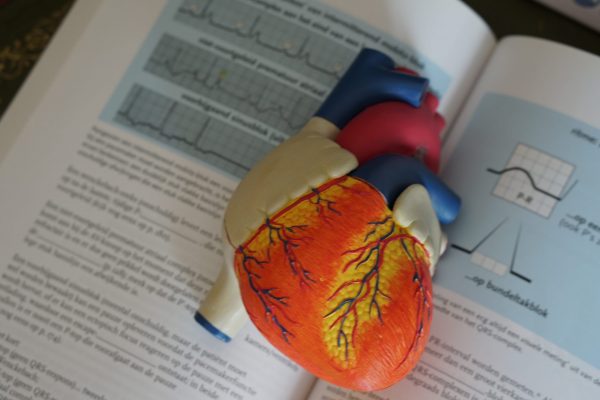London, United Kingdom – Scientists are investigating the unusual link between skin disease and sudden cardiac death syndrome.
Researchers from Queen Mary, University of London (QMUL) discovered an unusual link between skin disease and sudden cardiac death syndrome. The scientists specialize in the genetics of the skin and hope to find out why people are susceptible to sudden cardiac arrest.
The findings identified the link between Palmoplantar Keratoderma (PPK) and Arrhythmogenic Right Ventricular Cardiomyopathy (ARVC). The PPK is a skin condition that causes the thick and painful formation of calluses on the palms and soles. The ARVC on the other hand is basically an inherited condition that causes abnormalities in heart rhythms. People with such conditions oftentimes visit urgent care clinics for checkups.
About 600 people die from sudden cardiac arrest each year. They are aged 35 and below, dying without a definite explanation, just inherited heart disease like the ARVC. In the United Kingdom alone, approximately 64,000 people suffer from ARVC. They definitely need an urgent care, considering the 50:50 chance of their survival and the possibility of passing on the condition to their children.
 The PPK and ARVC are linked by faulty proteins that should compose and regulate the desmosome. It is a cell structure, acting as glue, holding cells together. When the demosome is faulty, skin and heart cells tend to pull apart, not communicating and functioning as they should. Other people could have different symptoms aside from faulty demosome.
The PPK and ARVC are linked by faulty proteins that should compose and regulate the desmosome. It is a cell structure, acting as glue, holding cells together. When the demosome is faulty, skin and heart cells tend to pull apart, not communicating and functioning as they should. Other people could have different symptoms aside from faulty demosome.
Many people suffer from skin disease and sudden cardiac death syndrome; some only skin problems, while others only with heart conditions. Nonetheless, the scientists wanted to understand why the faults in demosome could be fatal. Thus, the British Heart Foundation (BHF) funded the QMUL with one million pounds for further research.
Lead researcher David Kelsell said the discovery of demosome led them to ARVC from studying the genetics of the skin, and they are going back into the skin to better understand ARVC. By studying the genetics and disease mechanisms, the researchers are hoping to find new treatments for heart conditions that will be offered in different health facilities and urgent care clinic.
People with heart conditions like ARVC need to have a sort of urgent care near me so as to secure themselves of immediate care and treatment. BHF medical director Peter Weissberg said projects like the QMUL research was a superb example, showing how scientists and clinical researchers team up to help patients who could suffer from skin disease and sudden cardiac death syndrome.
